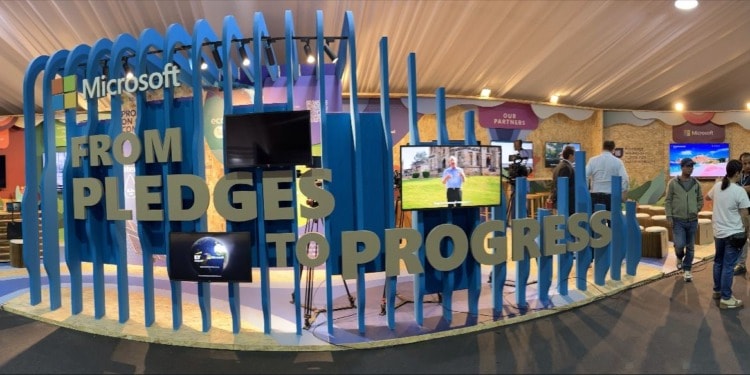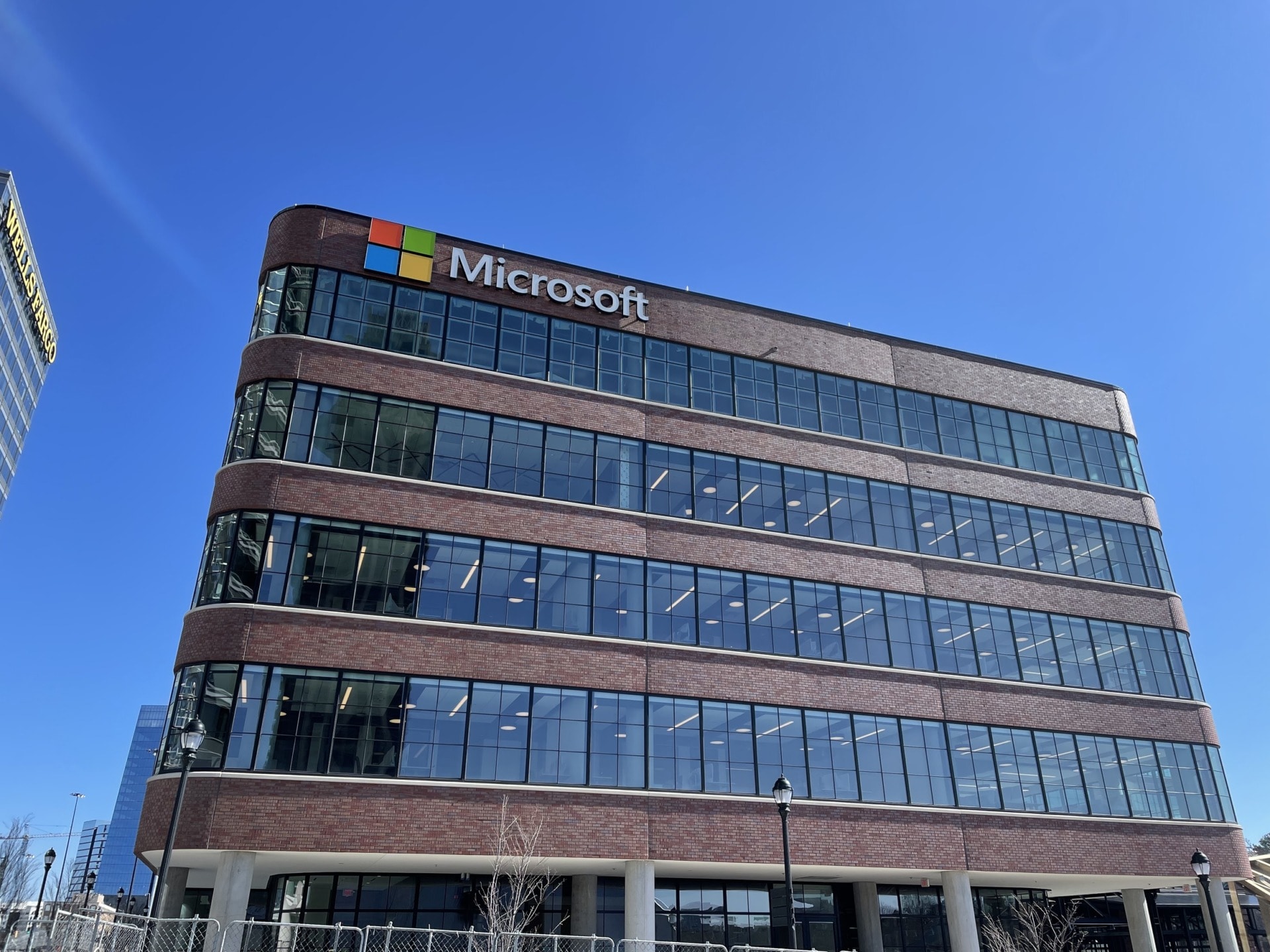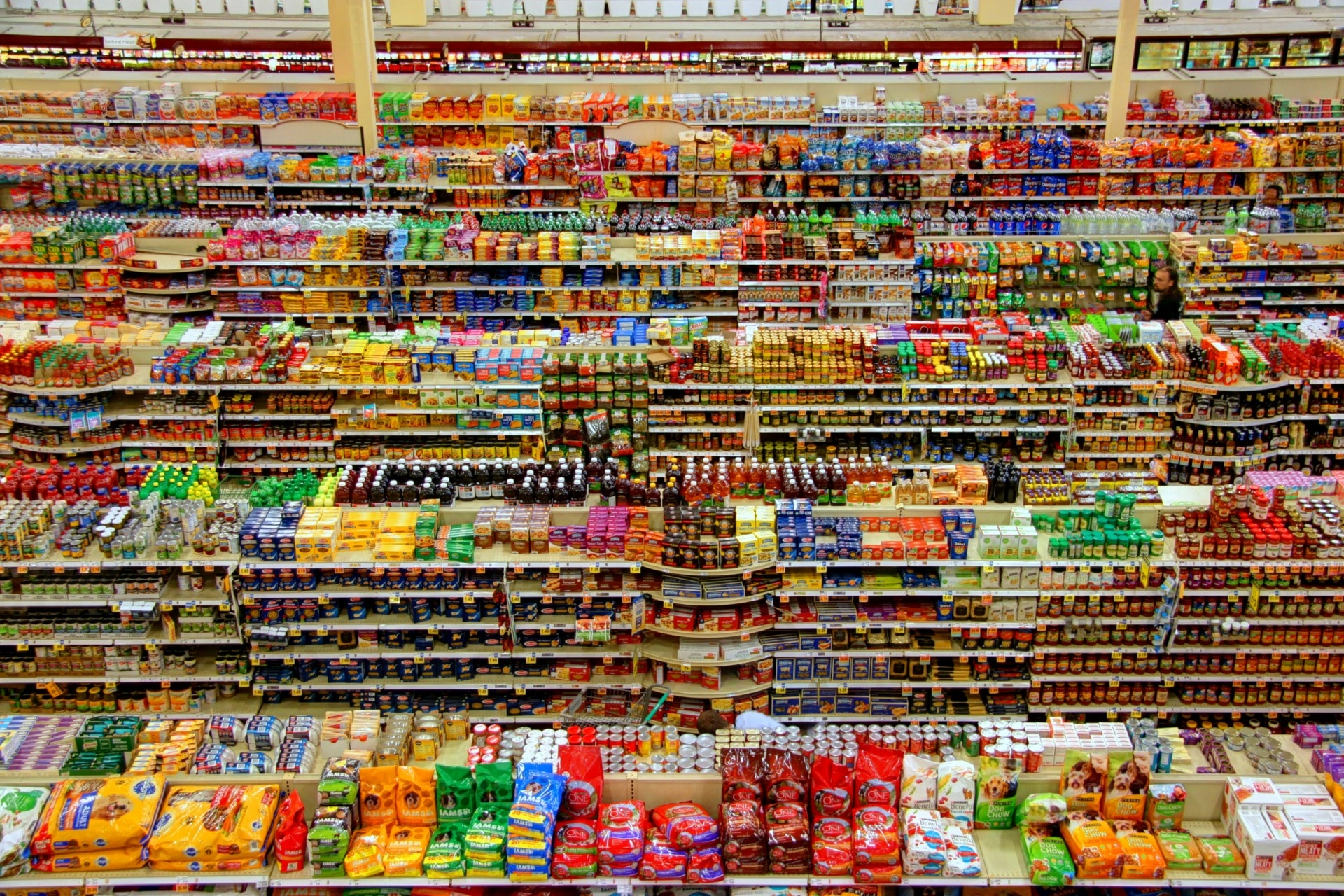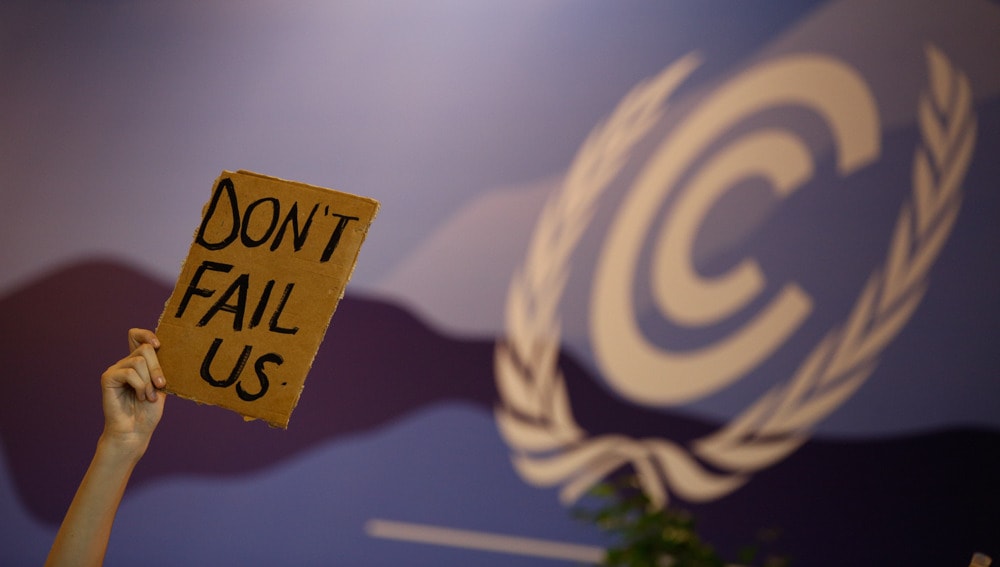At COP27, global and industry leaders have been focusing on methods to cooperate on action and implementation while dealing with a number of vital issues related to the climate crisis.
The Global South has contributed significantly less to climate change than the Global North, but its populations have been disproportionately affected by extreme weather events like droughts, floods, storms and heatwaves (all of which are made worse by climate change).
Between 2008 and 2018, two billion people in the Global South were at high risk from climate change according to the Intergovernmental Panel on Climate Change (IPCC).
To prevent the worst effects of climate change, governments in the Global South need dependable climate data – and this is where Microsoft’s “AI for Good” Research Laboratory comes into play.
Impakter spoke to the initiative’s chief scientist Juan Lavista Ferres. Here is what he told us about how Microsoft plans to develop its assistance to the Global South (the interview has been edited for clarity and brevity).
What is your role within the Microsoft AI for Good programme?
Juan Lavista Ferres: I lead the Microsoft programme and work with organisations around the world in multiple different areas. What we bring to the table is our artificial intelligence (AI) capabilities. There’s a big [data] gap, particularly in the nonprofit world. This is where our AI experts are working within the technology or financial sector. We assist with computer vision, machine learning expertise and work together to do a complete knowledge transfer to the organisation.
How does this programme help countries bridge the climate data gap in countries that are not equipped with the technology to do so?
J.L.F: We are currently running a project in India to help organisations with disaster response and preparation. The main problem they find is being prepared for a disaster – more than climate adaptation. We provide them with high-resolution satellite imagery [provided by Planet Labs] and analyse the material of the house, which is one of the best indicators that a house will be at risk of flooding. In case of flooding, disaster response will prioritise the most vulnerable.
Related Articles: Microsoft Leads the Way to a Faster Green Energy Transition
Once the data is acquired, what steps are taken to help governments or organisations to undertake changes in their community to adapt to their situation?
J.L.F: I think it depends on each project, every project is different. We have organisations working closely with the government or some who don’t at all. But for most projects, we publish a scientific paper as open source to make sure what we’re doing makes sense from a scientific point of view and is later peer-reviewed by other experts. Also, when other organisations want to use the databases, they can do so freely.
In Africa, there are many climate issues that are quite different from the average country you might work with. How does your team adapt to those circumstances?
J.L.F: Yes, we’ve worked with Africa in a few projects before, and found that there’s a huge data divide in the numbers of data scientists. By doing our own research, we found that for every data scientist or research scientist in Africa, there are 15 in the Global North. This is one of the main reasons we chose to invest even more in Africa, as part of that we created an AI Innovation Council in collaboration with the African Development Bank, African Risk Capacity, and African Climate Foundation, which will prioritise some of Africa’s most pressing issues and have the greatest impact we can.
As you mentioned, there is a huge shortage of data scientists in Africa. Are you providing training to people in climate data analysing?
J.L.F: In collaboration with the Kenya Red Cross Society, PATH and Integrated Food Security Phase Classification (IPC), Microsoft has launched two data-collecting laboratories outside of the United States for the first time, in Nairobi, Kenya and Cairo, Egypt, to provide additional assistance and investment for African nations who need it the most.
How else does the programme help organisations to support each other and improve their climate data collection?
J.L.F: Because climate data problems require a significant amount of computing power, which most organisations don’t have, we offer usher grants where organisations have access to our “cloud” and technological infrastructure. We give these grants for free so that organisations have the proper infrastructure and ability to run the data process. We also help a lot with creating open datasets within Microsoft, which allows other organisations to access the data for their own problems.
How does this programme plan to aid the most vulnerable who are displaced in the system and left to fend for themselves?
J.L.F: That is exactly part of the reason why we partnered with organisations like Kenya Red Cross – these programmes they offer help organisations help the most affected individuals, like adolescents. We definitely live with a lot of challenges like climate and food security, so we help these organisations be more impactful.
What are some goals this programme aims to achieve?
J.L.F: We don’t have a set goal for the next 20-30 years but our main objective is to have the most impact we can in each country we choose to collaborate with by tackling the greatest climate challenges.
Editor’s Note: The opinions expressed here by the authors are their own, not those of Impakter.com — In the Featured Photo: Microsoft AI for Good booth at COP27. Featured Photo Credit: Shannon O’Shea/Microsoft.













